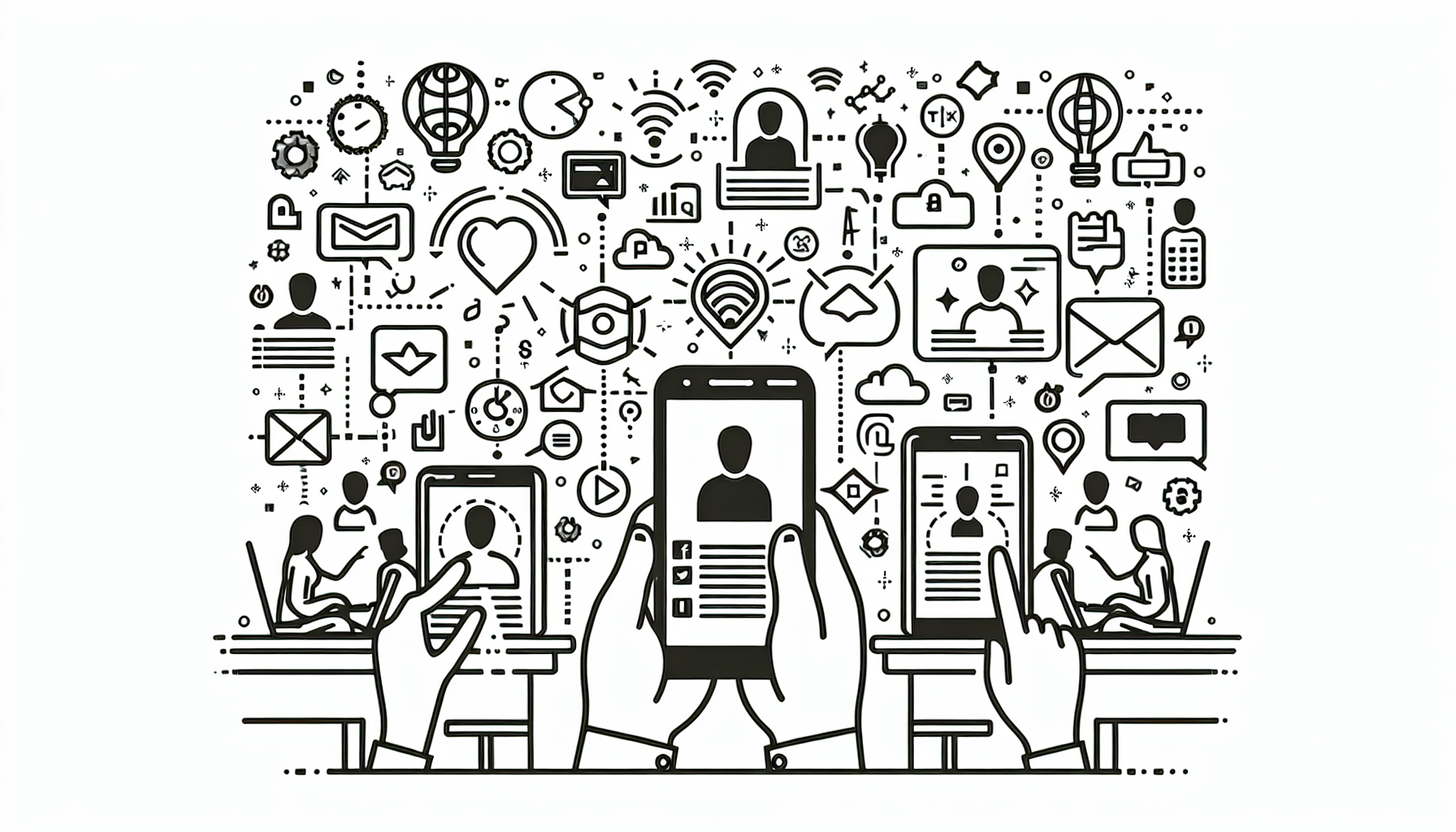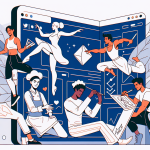Bluesky has positioned itself as an alternative social media platform focused on fostering authentic user experiences. With a mission aimed at revolutionizing online interactions, it offers a fresh landscape for expression. However, the platform has recently stirred discussions around its crackdown on parody accounts, igniting a debate on the delicate balance between user authenticity and creativity.
In response to rising concerns about misinformation and the authenticity of user-generated content, Bluesky has taken significant steps to regulate parody accounts. This crackdown isn’t merely a knee-jerk reaction; it’s a strategic move to combat potential misuse of such accounts, which can blur the lines between satire and actual information. As parody accounts have proliferated across social media, they have spread both humor and sometimes misleading content. Protecting brand integrity and ensuring a reliable information environment is crucial for Bluesky’s reputation and user trust.
The implications of these measures, however, extend beyond preventing misinformation. By tightening restrictions on parody accounts, Bluesky risks dampening the very creativity that drives many users to its platform. Parody accounts have historically allowed individuals to express themselves in humorous, satirical ways, often commenting on cultural and social issues. If users feel stifled, it raises the question of whether Bluesky can maintain its appeal as a vibrant community for creative expression.
Comparatively, platforms like Twitter and Instagram have faced similar challenges regarding user-generated parody content. Twitter has long struggled with the fine line between freedom of expression and preventing misleading accounts. Meanwhile, Instagram’s heavier emphasis on visual content has made it slightly different; however, it too grapples with authenticity versus the diverse interpretations of images and memes. The consistent factor remains that users appreciate avenues for creative expression, even if those expressions come in humorous or unconventional forms.
Historically, parody accounts have contributed immensely to the creative tapestry of social media. They highlight cultural absurdities, provide commentaries on current events, and create trends that resonate broadly with audiences. Successful parody accounts, like @Darth, have found ways to connect with fans while still engaging in satire. This historical context underscores the potential loss to platforms like Bluesky if user creativity is diminished due to overly restrictive measures.
The community’s response to Bluesky’s new regulations has been mixed. While some users acknowledge the necessity of reducing misinformation and fostering a more authentic environment, others lament the loss of creative outlets. A recent article from Mashable noted that many users are torn. In the article, a user captures this sentiment beautifully by stating, “It feels like a blanket over our potential to explore humor and creativity. In trying to protect us, they may have inadvertently limited our voices.” Insights from social media experts mirror these sentiments, pointing out that fostering creativity shouldn’t come at the expense of authenticity. Finding that balance is crucial.
Bluesky navigates an intricate landscape where the need for authenticity battles against the desire for creative freedom. While the measures taken against parody accounts can enhance user safety and brand integrity, they also risk stifling the creativity that characterizes successful social media interactions. The platform must tread carefully, balancing the enforcement of its policies with the preservation of a dynamic, engaged community that values humor, satire, and expression.







Leave a Reply